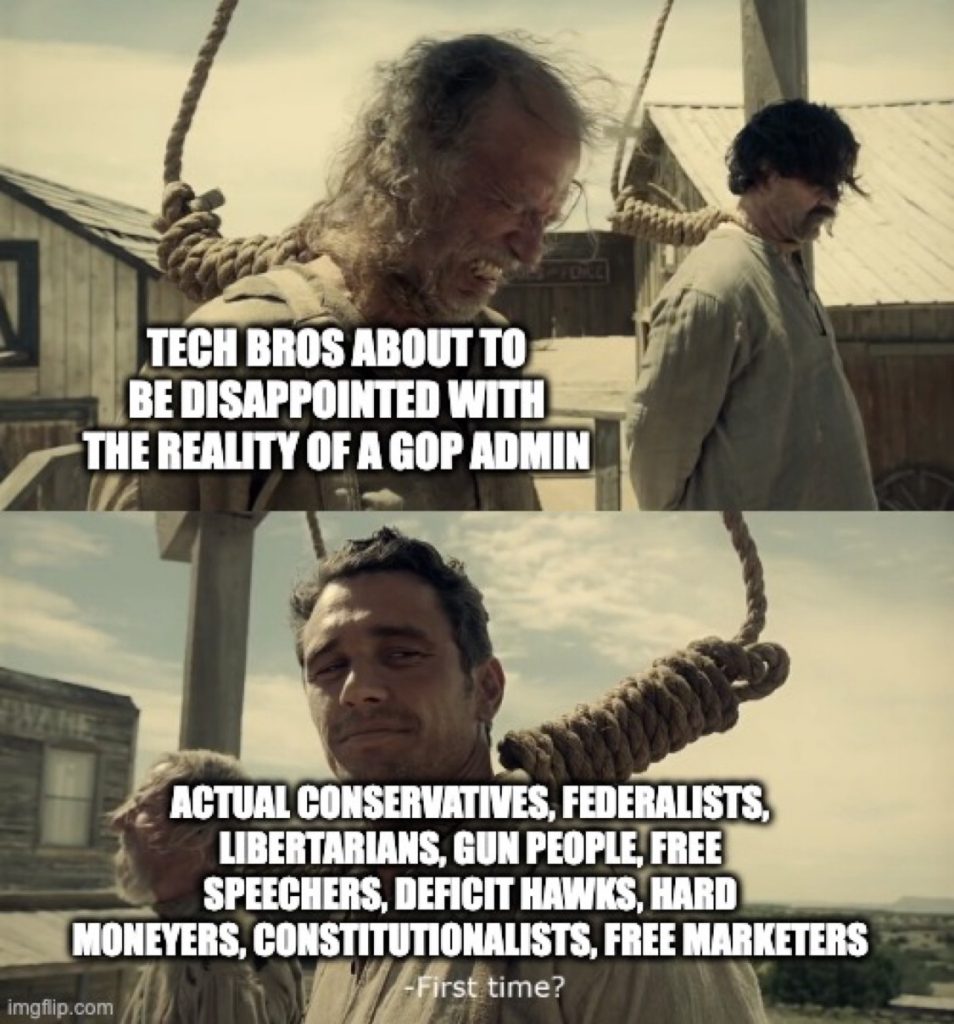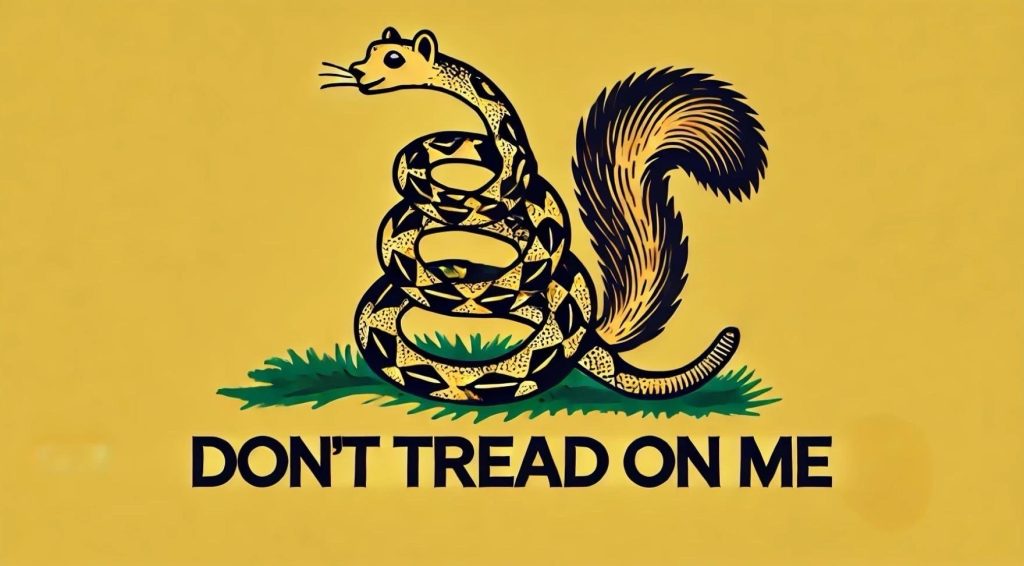I’ve heard this multiple times across enough demographics in the wider “startup” ecosystem that I’m afraid I’ll have to accept it is happening. People are faking being weird. In some cases they are faking being autistic.
I find this to be an almost laughably unlikely thing to want to imitate. And yet I’ve heard it three times in the last week. The new poser is faking being a neurodivergent weirdo.
We regularly joke that at chaotic.capital a part of our deal sourcing relies on “Julie being professionally weird on the internet.” My pinned tweet from three years ago is a ramble on this ethos as it’s been true for decades. Unique fixations often undergird problem solving.
Being weird, or more specifically autistic, has now taken on a specific connotation of an intelligent but socially strange or oblivious character who sees the world differently. This means you are special somehow and can be forgiven for being a dick (that’s a lie be nice).
It was probably a source of pain for many millennial kids who were awkward the more oblivious you are the less it bothers you. Marching to the beat of your own drum. We’ve got a whole set of social tropes around smart nerds in popular media and most of them were negatively coded.
Despite this history, revenge of the nerds occurred. The power and dominance of technology (and its cousin nerd) culture means the spergy truth telling autist has cachet. We live in a post Sheldon Cooper world. Once something involves capital it collects social capital as well.
I have clearly underestimated how much this affects Zoomer behavior and incentives. Millennials experienced this archetype negatively but in a softer “everyone is special” culture your quirks can lead you to money and prestige. So there is now an incentive to act like a weird asshole to fake being weird and a little socially anxious.
If autism can have stolen valor then we might be in that era. It seems to greatly annoy the actually autistic (a tag on social media used by many poorly socialized entirely normal people) to have the symptoms of autism faked.
Authenticity is actually quite hard to fake and anyone with a decent social radar can usually spot it. Whether all autists have that capacity to read social cues is up for debate. It’s probably why anyone tries to fake being a genuine weirdo.
I’m inclined to say skills issue as the internet has made class, manners, and social cues much more accessible to everyone. And good news being every social class values being chill, real, and passionate. So there is no need to fake anything. Just vibe. Be cool.

